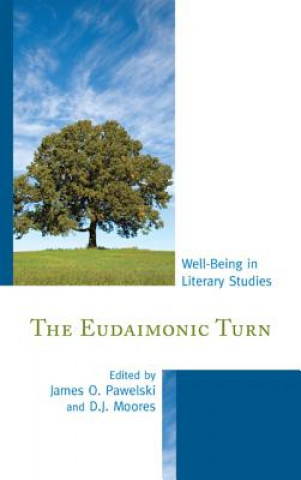
Kód: 04838131
Eudaimonic Turn
Autor D. J. Moores, James O. Pawelski
In much of the critical discourse of the seventies, eighties, and nineties, scholars employed suspicion in order to reveal a given text's complicity with various undesirable ideologies and/or psychopathologies. Construed as such, ... celý popis
- Jazyk:
 Angličtina
Angličtina - Vazba: Brožovaná
- Počet stran: 312
Nakladatelství: Fairleigh Dickinson University Press, 2014
- Více informací o knize

Mohlo by se vám také líbit
-

Red and the Green
304 Kč
Dárkový poukaz: Radost zaručena
- Darujte poukaz v libovolné hodnotě a my se postaráme o zbytek.
- Poukaz se vztahuje na celou naši nabídku.
- Elektronický poukaz vytisknete z e-mailu a můžete ihned darovat.
- Platnost poukazu je 12 měsíců od data vystavení.
Více informací o knize Eudaimonic Turn
Nákupem získáte 212 bodů
 Anotace knihy
Anotace knihy
In much of the critical discourse of the seventies, eighties, and nineties, scholars employed suspicion in order to reveal a given text's complicity with various undesirable ideologies and/or psychopathologies. Construed as such, interpretive practice was often intended to demystify texts and authors by demonstrating in them the presence of false consciousness, bourgeois values, patriarchy, orientalism, heterosexism, imperialist attitudes, and/or various neuroses, complexes, and lacks. While it proved to be of vital importance in literary studies, suspicious hermeneutics often compelled scholars to interpret eudaimonia, or well-being variously conceived, in pathologized terms. At the end of the twentieth century, however, literary scholars began to see the limitations of suspicion, conceived primarily as the discernment of latent realities beneath manifest illusions. In the last decade, often termed the "post-theory era," there was a radical shift in focus, as scholars began to recognize the inapplicability of suspicion as a critical framework for discussions of eudaimonic experiences, seeking out several alternative forms of critique, most of which can be called, despite their differences, a hermeneutics of affirmation. In such alternative reading strategies scholars were able to explore configurations of eudaimonia, not by dismissing them as bad politics or psychopathology but in complex ways that have resulted in a new eudaimonic turn, a trans-disciplinary phenomenon that has also enriched several other disciplines. The Eudaimonic Turn builds on such work, offering a collection of essays intended to bolster the burgeoning critical framework in the fields of English, Comparative Literature, and Cultural Studies by stimulating discussions of well-being in the "post-theory" moment. The volume consists of several examinations of literary and theoretical configurations of the following determinants of human subjectivity and the role these play in facilitating well-being: values, race, ethics/morality, aesthetics, class, ideology, culture, economics, language, gender, spirituality, sexuality, nature, and the body. Many of the authors compelling refute negativity bias and pathologized interpretations of eudaimonic experiences or conceptual models as they appear in literary texts or critical theories. Some authors examine the eudaimonic outcomes of suffering, marginalization, hybridity, oppression, and/or tragedy, while others analyze the positive effects of positive affect. Still others analyze the aesthetic response and/or the reading process in inquiries into the role of language use and its impact on well-being, or they explore the complexities of strength, resilience, and other positive character traits in the face of struggle, suffering, and "othering."
 Parametry knihy
Parametry knihy
Zařazení knihy Knihy v angličtině Literature & literary studies Literature: history & criticism Literary theory
2117 Kč
- Plný název: Eudaimonic Turn
- Podnázev: Well-Being in Literary Studies
- Autor: D. J. Moores, James O. Pawelski
- Jazyk:
 Angličtina
Angličtina - Vazba: Brožovaná
- Počet stran: 312
- EAN: 9781611477351
- ISBN: 1611477352
- ID: 04838131
- Nakladatelství: Fairleigh Dickinson University Press
- Hmotnost: 444 g
- Rozměry: 154 × 227 × 29 mm
- Datum vydání: 10. June 2014
Oblíbené z jiného soudku
-
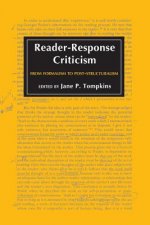
Reader-Response Criticism
1026 Kč -

Discipline and Punish
364 Kč -
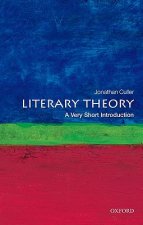
Literary Theory: A Very Short Introduction
268 Kč -

Analysis of Burton G. Malkiel's A Random Walk Down Wall Street
226 Kč -
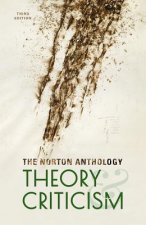
Norton Anthology of Theory and Criticism
1686 Kč -
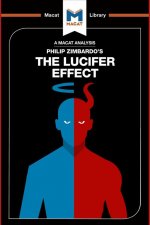
Analysis of Philip Zimbardo's The Lucifer Effect
271 Kč -

How Fiction Works
323 Kč -

Analysis of Jane Jacobs's The Death and Life of Great American Cities
226 Kč -
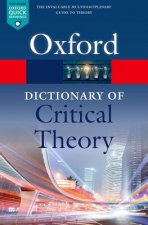
Dictionary of Critical Theory
356 Kč -

Critique of the Power of Judgment
1268 Kč -
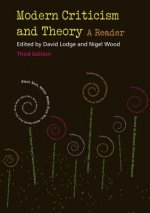
Modern Criticism and Theory
2169 Kč -
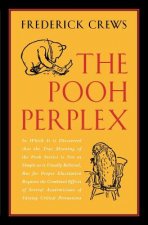
The Pooh Perplex
424 Kč -
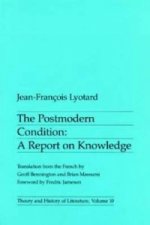
Postmodern Condition
507 Kč -
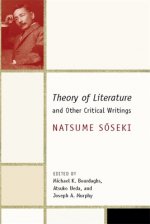
Theory of Literature and Other Critical Writings
1169 Kč -

Analysis of Henry Kissinger's World Order
226 Kč -
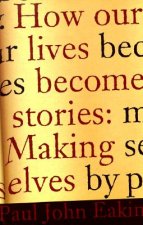
How Our Lives Become Stories
948 Kč -
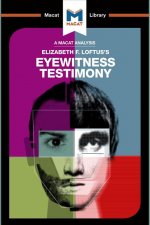
Analysis of Elizabeth F. Loftus's Eyewitness Testimony
270 Kč -
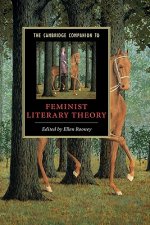
Cambridge Companion to Feminist Literary Theory
1230 Kč -
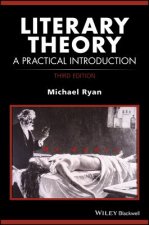
Literary Theory - A Practical Introduction 3e
1116 Kč -
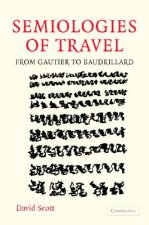
Semiologies of Travel
2732 Kč -
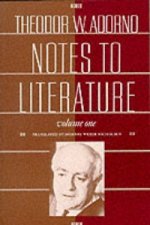
Notes to Literature
1232 Kč -
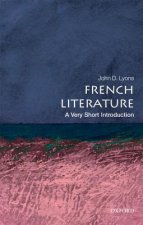
French Literature: A Very Short Introduction
249 Kč -
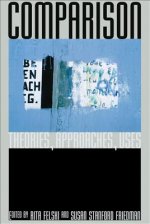
Comparison
1237 Kč -
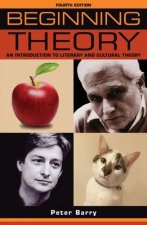
Beginning Theory
408 Kč -
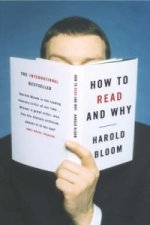
How to Read and Why
356 Kč -
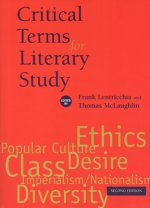
Critical Terms for Literary Study, Second Edition
1015 Kč -

Analysis of Oliver Sacks's The Man Who Mistook His Wife for a Hat and Other Clinical Tales
226 Kč -

Flatline Constructs
322 Kč -
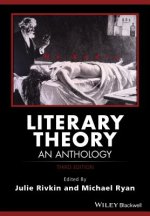
Literary Theory - An Anthology, Third Edition
1022 Kč -
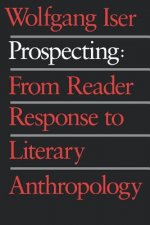
Prospecting
965 Kč -
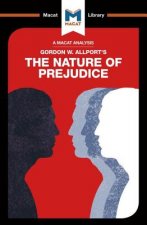
Analysis of Gordon W. Allport's The Nature of Prejudice
270 Kč -
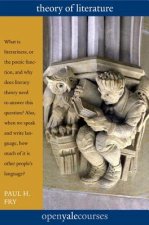
Theory of Literature
616 Kč -
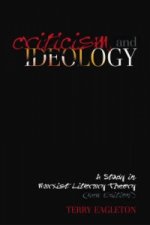
Criticism and Ideology
618 Kč -
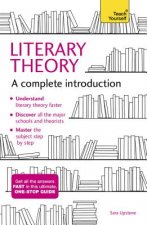
Literary Theory: A Complete Introduction
410 Kč -

On the Origin of Stories
821 Kč -
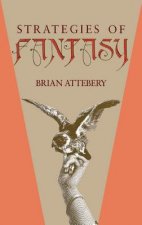
Strategies of Fantasy
551 Kč -
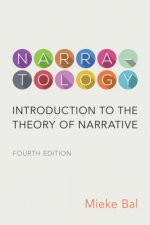
Narratology
1191 Kč -
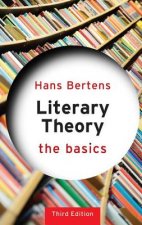
Literary Theory: The Basics
708 Kč -
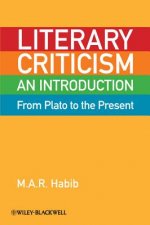
Literary Criticism from Plato to the Present - An Introduction
955 Kč -
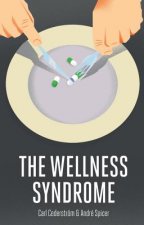
Wellness Syndrome
687 Kč -

British Folk Tales and Legends
507 Kč -
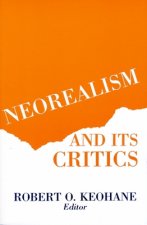
Neorealism and Its Critics
1175 Kč -
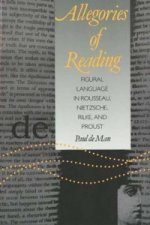
Allegories of Reading
637 Kč -
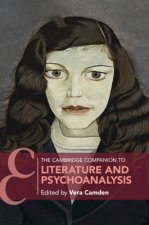
Cambridge Companion to Literature and Psychoanalysis
924 Kč -
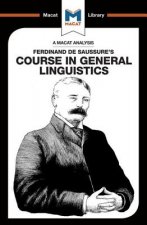
Analysis of Ferdinand de Saussure's Course in General Linguistics
271 Kč -

Walter Benjamin and the Media - The Spectacle of Modernity
554 Kč -
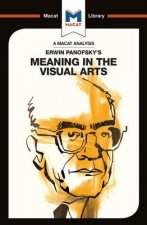
Analysis of Erwin Panofsky's Meaning in the Visual Arts
270 Kč -
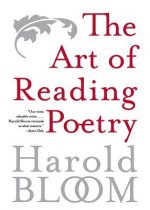
Art of Reading Poetry
205 Kč -

Fantastic
778 Kč
Osobní odběr Praha, Brno a 12903 dalších
Copyright ©2008-24 nejlevnejsi-knihy.cz Všechna práva vyhrazenaSoukromíCookies



 Vrácení do měsíce
Vrácení do měsíce 571 999 099 (8-15.30h)
571 999 099 (8-15.30h)